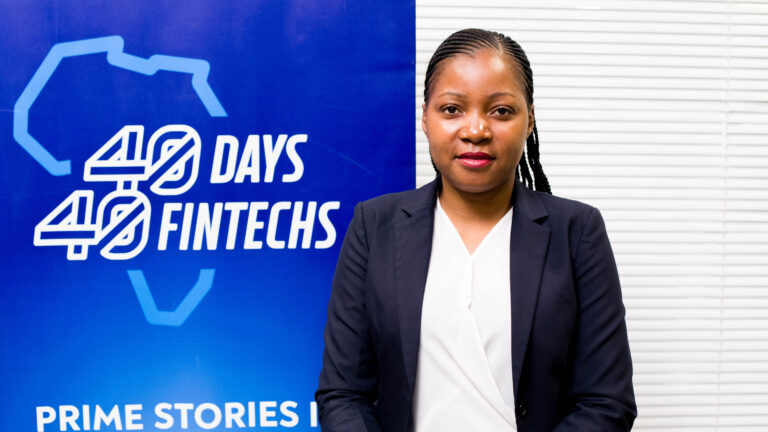Accessing credit has long been a major challenge for many in Malawi—especially low-income earners and the unbanked.
Traditional loan processes are slow, complicated, and often demand collateral that many simply don’t have. But one Malawian start-up is changing this narrative through the power of Financial Technology.
Credit Line Limited, featured on Day 5 of the #40Days40FinTechs Zambia and Malawi Edition, is using a digital-first approach to make credit more accessible, inclusive, and user-friendly. Founded in 2024, Credit Line offers a platform that provides instant access to loans, buy-now-pay-later services, insurance, and even investment products.
“We built a solution that lets employed individuals access credit easily without the need for collateral. Employment is enough security,” said Deborah Mijoso, Co-Founder of Credit Line.
The platform is available through both mobile app and USSD, allowing users to access services anywhere, anytime. By partnering with employers and lenders, Credit Line ensures employees can receive credit quickly and repay through manageable installments.
Their “buy now, pay later” service also allows customers to acquire goods from partner stores and pay over time—easing the financial burden on everyday Malawians.
So far, the FinTech has made significant strides, securing partnerships with three financial institutions, two major employers, Centenary Bank (for disbursement and collections), and TransUnion Credit Bureau (for credit checks). Already, it’s helping hundreds gain access to credit with dignity and ease.
Despite challenges like low financial literacy, limited digital infrastructure, and resistance to tech adoption, Credit Line remains optimistic.
“We believe initiatives like 40 Days 40 FinTechs will accelerate our growth and help us reach more partners and customers across Africa,” Mijoso added.
The #40Days40FinTechs initiative, now running in Zambia and Malawi after a successful five-year run in East Africa, is spotlighting digital innovators solving real-world problems. With over 200 stories told so far, the campaign—powered by HiPipo—aims to promote financial inclusion and empower African start-ups with tools like the Level One Project, Mojaloop, and inclusive finance systems.

